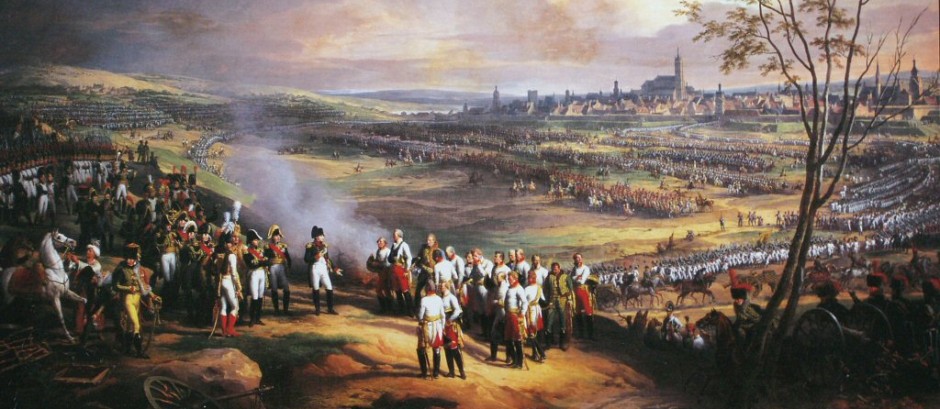Students in Modern World History investigate major turning points that shaped the Modern World, from the late 15th century through the present. They trace the rise of democratic ideas and develop an understanding of the historical roots of current world issues, especially as they pertain to international relations. They extrapolate from the American experience that democratic ideals are often achieved at a high price, remain vulnerable, and are not practiced everywhere in the world. Students develop an understanding of current world issues and relate them to their historical, geographic, political, economic, and cultural contexts. Students consider multiple accounts of events in order to understand international relations from a variety of perspectives.
Mr. Hart (khart@brunswick.k12.me.us)
Phone: 319-1910 x2216
Mr. Hart’s Website: http://www.brunswick.k12.me.us/khart/ – check this for assignments and announcements.
Google Classroom: Y10 Modern World History: enter this code to join: qe3yec. Check this often for updates, assignments, study guides, and other important information. Use your school e-mail account for correspondence and access.
Textbook: World History: The Modern Era. Once issued, there is no need to bring the textbook to class. The textbook will remain home for homework assignments and research. You will need your Cornell Reading Notes/Research Notes in three-ring binder for class every lesson.
Required Student Materials: Three-ring binder, lined paper, and pen (blue or black ink).
Room 216 Standard Operating Procedures: Be Punctual, Be Prepared, and Be Respectful.
All other rules, expectations, and guidelines for this course of study conform to the B.H.S. Student Handbook:
http://www.brunswick.k12.me.us/bhs/files/2016/08/16-17-Student-Handbook.pdf
This course of study works toward achievement in Social Studies through standards provided by: the Common Core State Standards, National Soc. Studies Standards and Maine Learning Results:
http://www.maine.gov/doe/socialstudies/documents/ss102207.pdf
I. K.U.A. Rubric for Historical Writing– In-class timed writing will be assessed accordingly: (15 marks/points in total)
Knowledge (5)
The use of facts, evidence, dates, names, terms, and concepts used knowingly and appropriately in your writing.
Understanding (5)
The analysis of evidence, explanation of causation, use of relevant analogies, relating the meaningfulness of events, demonstrating the historical significance of events, and relating empathy.
Application (5)
SPaG (Spelling, punctuation, and grammar), legibility, sentence structure, paragraph formulation, thesis formulation, contextual introduction, synthesis in conclusion, adherence to 5-paragraph model, synopticity (judgment of a historian)
II. Assessment Objectives for Historical writing throughout the term. Various pieces of work you produce will be evaluated according to these objectives. Mark/Point allocations will vary according to the assignment.
Assessment Objective 1: Knowledge and Understanding
- Recall and select relevant historical knowledge
- Demonstrate an understanding of historical context
- Demonstrate an understanding of historical processes: Cause and effect/continuity and change.
- Understand historical sources
- Deploy detailed, in-depth knowledge.
- Demonstrate knowledge and understanding of a specific historical topic
Assessment Objective 2: Application and Interpretation
- Apply historical knowledge as evidence
- Show awareness of different approaches to, and interpretations of, historical issues and events.
- Compare and contrast historical sources as evidence.
- Explain the importance of historical sources
- Present a summary of evidence.
Assessment Objective 3: Synthesis and Evaluation
- Evaluate different approaches to, and interpretation of, historical issues and events.
- Evaluate historical sources as evidence.
- Evaluate and synthesize evidence from both historical sources and background knowledge.
- Develop critical commentary using the evidence base
- Synthesize by integrating evidence and critical commentary.
- Present an analysis of a summary of evidence.
Assessment Objective 4: Use of Historical Skills
- Demonstrate the ability to structure an essay answer, using evidence to support relevant, balanced and focused historical arguments.
Demonstrate evidence of research skills, organization and referencing
